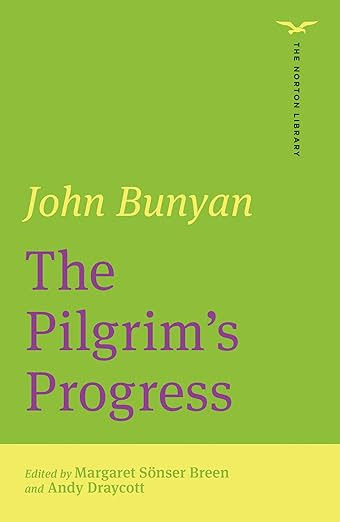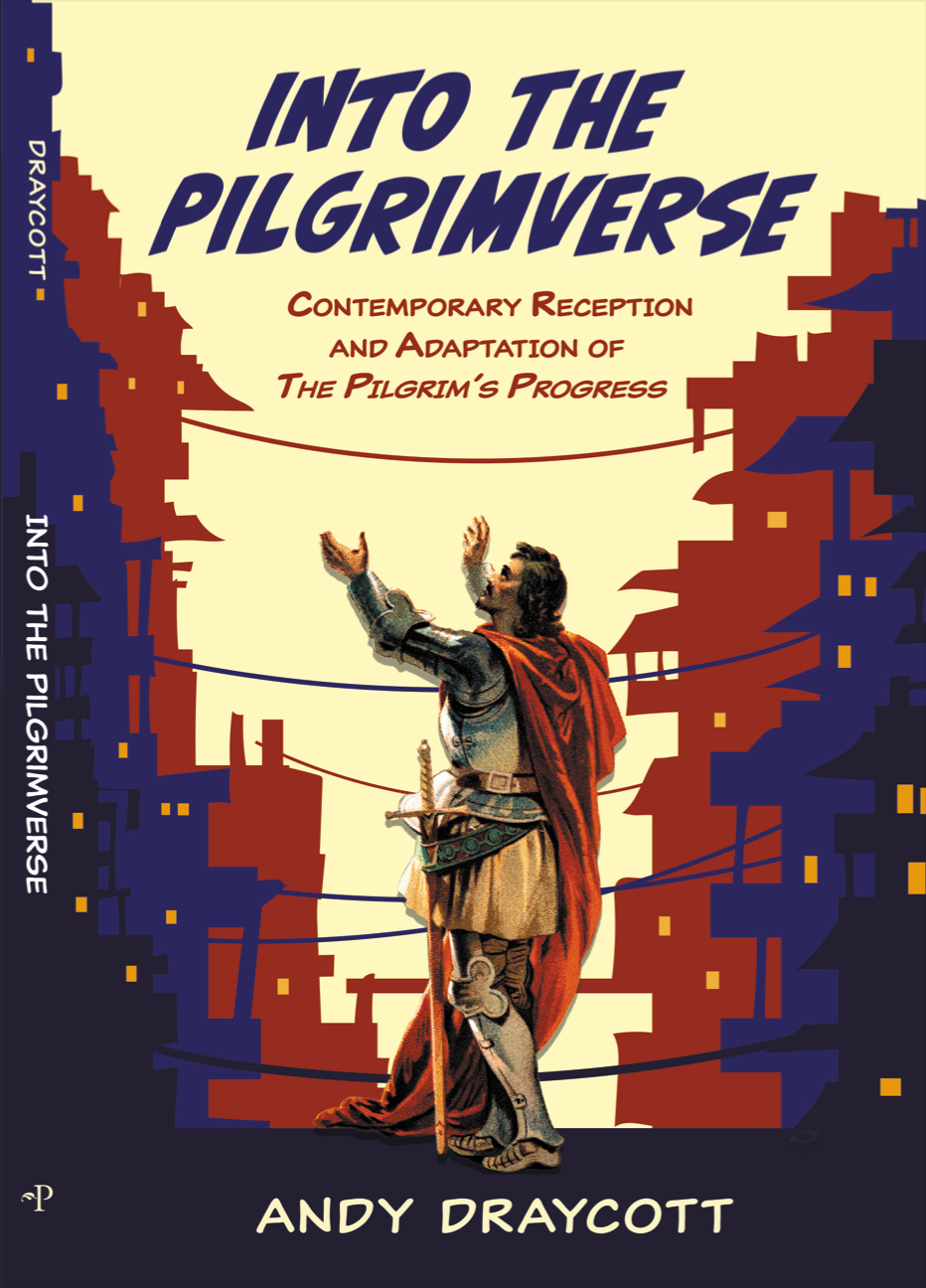Wonky References
- andydraycott7
- Mar 23, 2023
- 4 min read
I've submitted a couple of journal articles this week. And one of the things that journal editors are particularly at pains to point out in their style sheets is that an author's bibliographical references must be in order. Failure to provide correct references in the correct format could mean the article's return, delay, and even, I suppose, rejection. So far I've needed to format my articles according to APA, MLA, Chicago-SBL, MHRA, and not only are there different forms within some of these styles, there are also peculiar requirements of any one journal's style as a distinctive spin on the overall method employed.
Anyway, once you've got the right format for the style required, you still need to have the correct information.
Here's where Bunyan and his printer seem to have gotten away with things more lightly than I can (in his way more successful publishing endeavor with PP). An earlier blog noted that editors today silently correct the Mark 2:2 reference at the Cross in Part I to Mark 2:5. It makes sense that this could be a typo - we can happily absolve Bunyan of a mistaken reference. (After all, he provided a hand written manuscript for those second edition reference additions - not a Word doc file.)

But in his contemporary adaptation to a modern British setting, author Jim Thornton uses an appendix to list Bunyan's marginal references, and notes with a question mark ones that seem wonky. They don't work, or at least some don't work as well as others, and some are not just wonky, as it turns out, plain broken.
Here are Thorton's candidate for question marks:
1 Samuel 12:23 - at the Slough of Despond, where the narrator is hearing from Help about the stepping stones and those who ignore them.
It's obscure, but not actually wonky. The text has ends a parargaph with"But the ground is good, when they are once got in at the gate." The KJV of 1 Sam 12:23 is: "Moreover as for me, God forbid that I should sin against the Lord in ceasing to pray for you: but I will teach you the good and the right way:" The connection is that word 'good,' access to which, for Bunyan's Christian, is through the Wicket Gate.
Ezekiel 29:43 is given, along with a string of other references alongside the text: "1. By an experimental confession of his faith in Christ."
The problem here is that there just is no verse 43 of Ezekiel 29. Broken, not wonky. Except that perhaps the wonk is in the reading of manuscript 9 whose loop has been read as an 0. Because Ezekiel 20:43 does exist, and fits pretty nicely: "And there shall ye remember your ways, and all your doings, wherein ye have been defiled; and ye shall lothe yourselves in your own sight for all your evils that ye have committed." Experimental religion is about awakening to and recognition of sin, as the narrative has explored with Christian's experience (and is apparently lacking for Talkative in this conversation section) among other things. Ezek 20:43 captures this.
Hosea 4:18 accompanies this text: "And besides that, Treasure is a snare to those that seek it, for it hindereth them in their Pilgrimage."
But Hosea 4:18 says: Their drink is sour:
they have committed whoredom continually:
her rulers with shame do love, Give ye.
Hmmm. This is definitely a broken link. But still not broken beyond repair - the wonk here is wonkier but can get untangled (if that metaphor works?)
It turns out that moving the colon a character across could account for this odd reference being a typo aligned with a mistake. The mistake is the attribution to the prophetic book, the typo with the placement of punctuation.
Jeremiah 41:8 works (just): "But ten men were found among them that said unto Ishmael, Slay us not: for we have treasures in the field, of wheat, and of barley, and of oil, and of honey. So he forbare, and slew them not among their brethren." The connection is the word 'treasure.' The wider context is that a chap called Ishmael is acting evilly and these are ten men of Israel who use their treasure to buddy up to the bad guy - hence hindering their Pilgrimage in righteousness.
Lastly, and more simply, Jeremiah 22:13 is given alongside this text: "Atheist. When I was at home in mine own Country, I heard as you now affirm, and from that hearing went out to see, and have been seeking this City these twenty years, but find no more of it than I did the first day I set out."
Wonkily, Jeremiah 22:13 says: "Woe unto him that buildeth his house by unrighteousness, and his chambers by wrong; that useth his neighbour’s service without wages, and giveth him not for his work;" Good warning, but not very apt for Atheist's observation.
Happily backtracking just one verse suggests Bunyan's source: Jeremiah 22:12 says: "but he shall die in the place whither they have led him captive, and shall see this land no more." Atheist doesn't see the City, and won't see the City as he has turned back, and Bunyan echoes the KJV "no more" in his writing. This is pretty easy to recognize and accept as a misread/typo of 12 becoming 13 by accident.
It's probably also worth recognizing that Bunyan's choice of support verses can appear obscure. It begs the question of how he processed his Bible reading in ways different to how a reader today processes theirs. That's for unpacking at greater length in another article, perhaps?



Comments